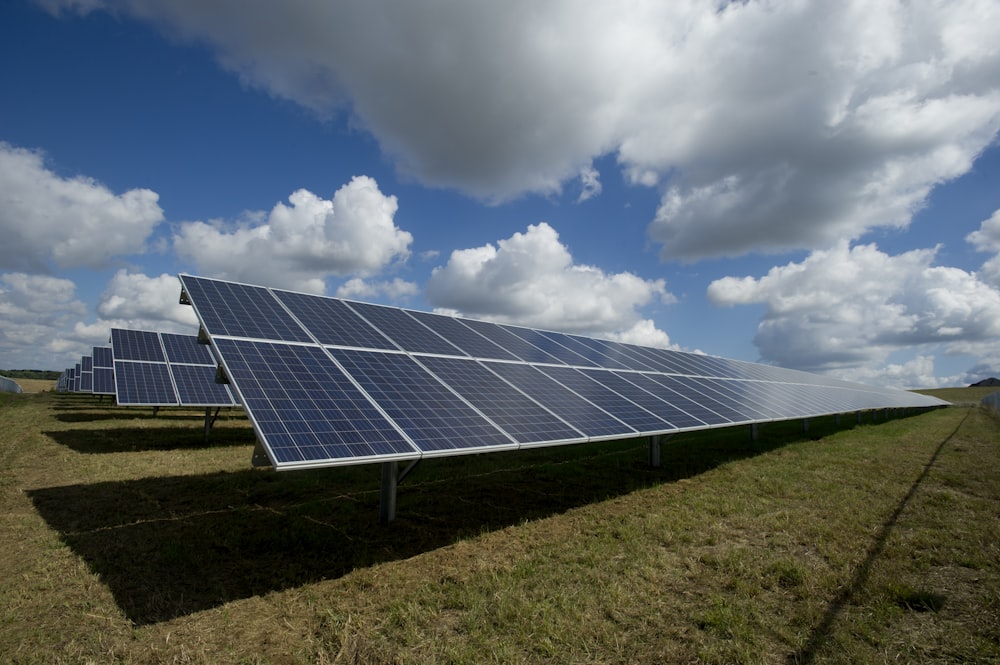
Biomass Power Generation Renewable Energy Innovation
Biomass Power Generation: Renewable Energy Innovation
Harnessing Nature’s Potential
Biomass power generation stands at the forefront of renewable energy innovation, tapping into the abundant energy stored in organic materials such as wood, agricultural residues, and municipal solid waste. By harnessing nature’s potential, biomass power generation offers a sustainable solution to meeting energy needs while reducing reliance on fossil fuels and mitigating the impacts of climate change.
The Process of Biomass Power Generation
At the heart of biomass power generation lies a simple yet effective process. Biomass materials are collected, processed, and burned to produce heat, which is then used to generate steam. The steam drives turbines connected to generators, producing electricity that can be distributed to homes, businesses, and industries. In addition to electricity generation, biomass power plants can also produce heat or combined heat and power (CHP) for district heating or industrial processes, maximizing the efficiency and value of biomass resources.
Diverse Sources of Biomass
One of the key advantages of biomass power generation is the diversity of biomass feedstocks available for use. Biomass materials can be sourced from various renewable sources, including forestry residues, agricultural byproducts, energy crops, and organic waste streams. This diversity allows biomass power plants to adapt to regional availability and seasonal fluctuations in biomass supply, ensuring a reliable and sustainable source of energy year-round.
Environmental Benefits of Biomass Energy
Biomass power generation offers significant environmental benefits compared to fossil fuel-based energy sources. By utilizing organic materials that would otherwise decompose and release greenhouse gases into the atmosphere, biomass power plants help reduce methane emissions and mitigate climate change. Additionally, biomass energy is considered carbon-neutral, as the carbon dioxide emitted during combustion is offset by the carbon dioxide absorbed by plants during photosynthesis. This closed carbon cycle minimizes the net impact on atmospheric carbon levels, making biomass power generation a more sustainable alternative to traditional fossil fuels.
Waste Reduction and Resource Utilization
Another advantage of biomass power generation is its ability to reduce waste and utilize underutilized resources. Biomass materials such as agricultural residues, forestry residues, and organic waste streams are often considered waste products or byproducts of other industries. By converting these biomass materials into energy, biomass power plants help divert waste from landfills, reduce pollution, and promote resource efficiency. This not only reduces environmental impact but also creates economic opportunities for communities by turning waste into a valuable energy resource.
Economic Opportunities and Rural Development
Biomass power generation can also stimulate economic growth and rural development by creating jobs, supporting local industries, and generating revenue for communities. Biomass power plants require a range of skilled and unskilled labor, from biomass collection and processing to plant operation and maintenance. Additionally, biomass feedstocks are often sourced locally, providing income opportunities for farmers, foresters, and biomass suppliers. By investing in biomass energy infrastructure, communities can create sustainable, long-term economic benefits while reducing dependence on imported energy sources.
Technological Advances in Biomass Energy
Technological advances continue to drive innovation in biomass power generation, making biomass energy more efficient, reliable, and cost-effective. From advancements in biomass combustion and gasification technologies to improvements in biomass pretreatment and conversion processes, the biomass energy industry is constantly evolving. Integrated biorefineries, for example, combine biomass power generation with the production of biofuels, bioproducts, and biochemicals, maximizing the value and versatility of biomass resources. By investing in research and development, the biomass energy sector can unlock new opportunities and overcome technical challenges to further advance biomass power generation.
Policy Support and Market Incentives
Policy support and market incentives play a crucial role in driving the growth and development of biomass power generation. Government policies, such as renewable energy targets, feed-in tariffs, and tax incentives, can provide financial support and regulatory certainty for biomass energy projects. Additionally, carbon pricing mechanisms and emissions trading schemes can create economic incentives for reducing greenhouse gas emissions and promoting renewable energy investments. By implementing supportive policies and market incentives, policymakers can stimulate investment in biomass power generation and accelerate the transition to a more sustainable energy future.
Integrating Biomass Energy into the Energy Mix
As countries around the world strive to reduce carbon emissions and transition to a low-carbon energy future, biomass power generation will play an increasingly important role in the energy mix. Biomass energy can complement other renewable energy sources such as wind and solar, providing dispatchable, baseload power and enhancing grid stability and reliability. Additionally, biomass energy can help address energy security concerns by diversifying energy sources and reducing dependence on imported fossil fuels. By integrating biomass energy into the energy mix, countries can achieve their climate goals while promoting economic development, environmental sustainability, and energy resilience.
Looking Ahead: The Future of Biomass Power Generation
As we look ahead to the future, biomass power generation holds immense promise as a renewable energy solution for a sustainable, low-carbon future. With continued technological innovation, policy support, and market incentives, biomass energy has the potential to play a significant role in decarbonizing the energy sector and mitigating the impacts of climate change. By harnessing nature’s potential and embracing biomass power generation, we can create a cleaner, greener world for generations to come.



